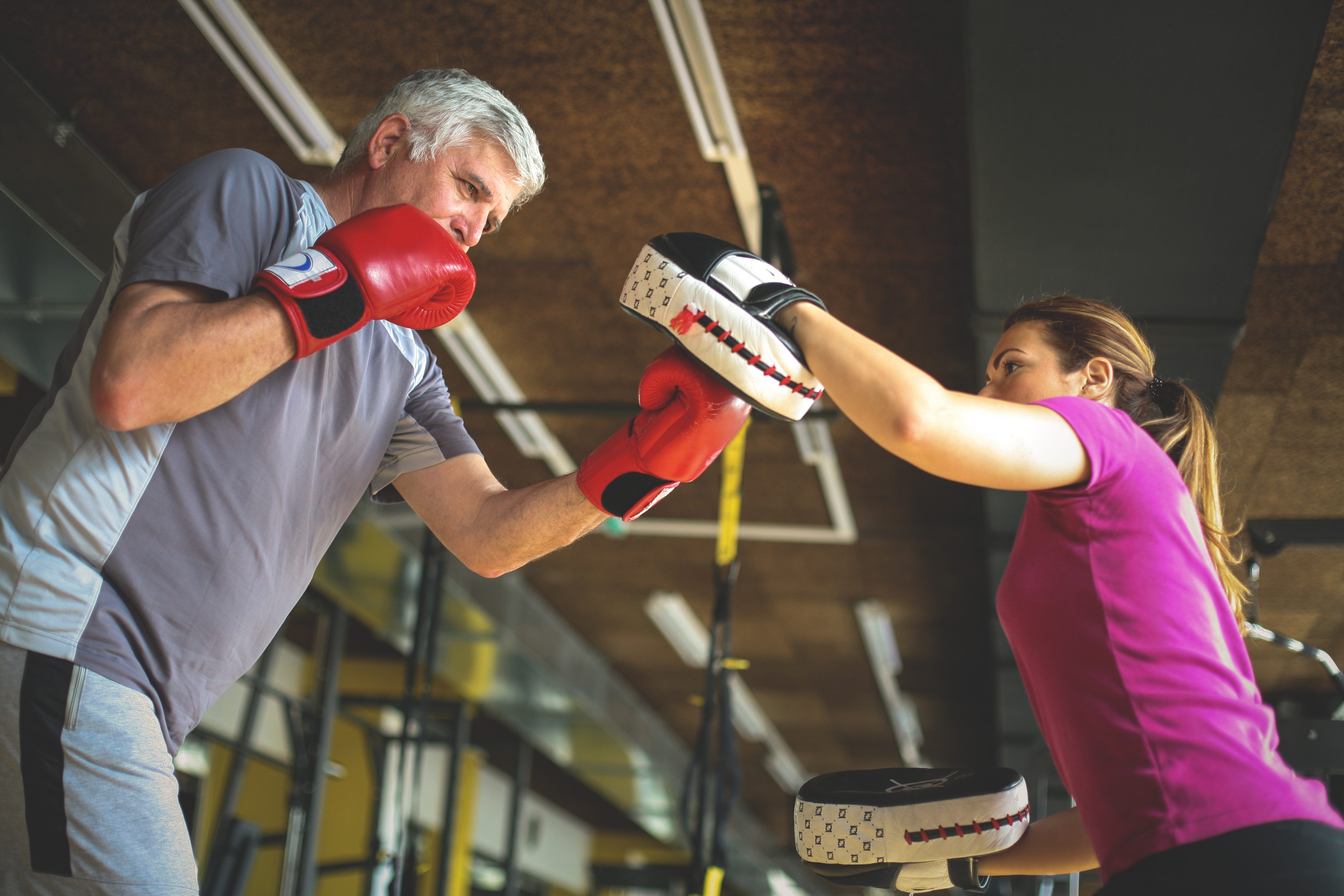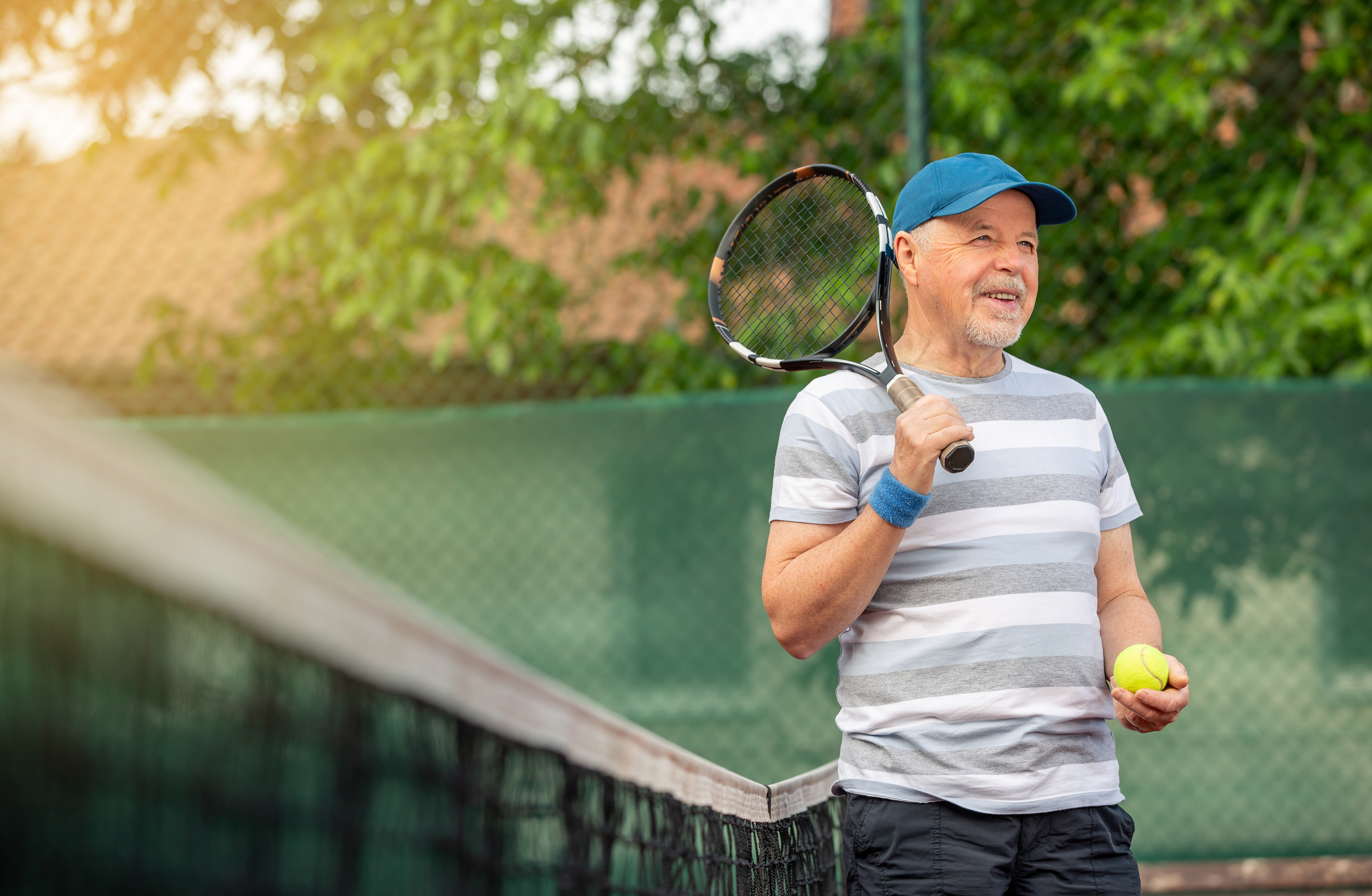Reducing anxiety in older adults
The mental health benefits of sports for children are frequently discussed, but what about the benefits for older adults? A recent review found that sport participation can significantly reduce anxiety levels in older adults, showing the importance of providing older adults with opportunities to get involved in sport.
Thinking about an aging, active and sporty population

Introduction There’s no point in writing on this blog that sport and physical activity are beneficial on a social, physical, cognitive and even societal level, because you and I, who work in the field, are convinced of this. What may be enlightening, however, is to reiterate that Canada is undergoing major demographic changes, with an…
Coaching Masters athletes: Innovative workshops bridging the gap in adult sport education

Masters athletes, typically aged 35 and above (although different sports have different entry ages into masters sport), often surpass the peak performance years of their sport. Despite this, Masters athletes participate in rule-governed, organized sport activities that require formal registration and vary in intensity and competitiveness. Interestingly, while many adults hesitate to label themselves as…
Bridging generations: How physical activity is connecting kids and seniors

It all started with a simple idea: a banner with the words, “You are loved.” Nestled in the heart of Grand Falls-Windsor, Newfoundland and Labrador, a subtle transformation is taking place. Danielle LeDrew, a teacher fueled by boundless enthusiasm at Woodland Primary, has stitched together the young and the young-at-heart through an intergenerational program that’s…
Reasons to continue sport participation later in life
Despite the well-known benefits of sport, participation tends to decline with age. However, many older adults continue to engage in sports for reasons such as health benefits, social connections, and a sense of achievement. To encourage greater participation among older adults, highlighting these benefits are essential.
Sport to increase happiness in older adults
Sport participation benefits individuals at all stages of life, including older adults. This study found that engaging in sports not only increased happiness but also strengthened community bonds among participants.
Reasons to continue sport participation later in life
Despite the well-known benefits of sport, participation tends to decline with age. However, many older adults continue to engage in sports for reasons such as health benefits, social connections, and a sense of achievement. To encourage greater participation among older adults, highlighting these benefits are essential.
Giving Due Deliberation to Masters Athletes: The Time has Come

Paradoxically, Masters sport is equally celebrated and ignored. Masters athletes are celebrated because they are motivated, goal-oriented, and determined to thrive at ages when sport participation has traditionally waned – they defeat stereotypes and allow us to rethink possibilities. Yet Masters athletes (MAs) can also be an “after-thought” in sport organizations, receiving scarce attention. Our…
Self-Compassion in Sport 101

If you have been involved in the coaching or administrative side of competitive sport, chances are you have seen athletes experience emotionally difficult setbacks. These setbacks can range from devastating performance failures (e.g., “choking” during an important competition), to facing harsh, negative evaluations by others (e.g., spectators, teammates, competitors, parents) and/or themselves (the self-critic is…
Promoting sports participation: Exploring physical activity patterns and role models of aging amongst older persons

Project Summary Sport involvement in Canada drops precipitously as we age. Recent Canadian data indicate that participation rates are highest in young Canadians, with 54% between the ages of 15 and 19 taking part in sporting activity. By age 55, however, only 17% of individuals are engaging in sport (Statistics Canada, 2013). Participation rates in…